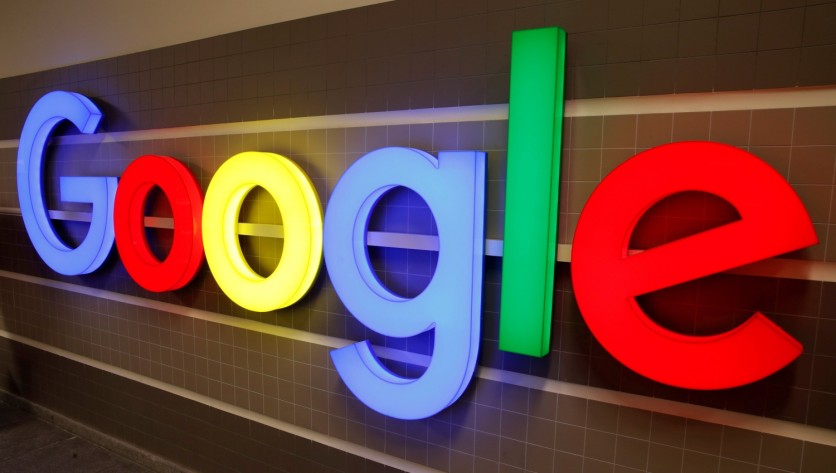
Google Fiber said that it will get rid of the popular TV bundles with news, sports, premium, and nearby broadcast channels.
In a statement, Google said customers nowadays, "just don't need traditional TV" anymore. It added many options are available online through over-the-top TV services and streaming platforms.
Google Fiber Continues to Provide TV Service to Existing Subscribers Who Pay for It
Current subscribers to Fiber plans that include TV service could still continue with its subscription, but they would no longer see their existing carrier modified or changed. Meanwhile, Google Fiber will no longer offer a linear TV product to new customers and instead would be redirected to Google's "over-the-top" streaming services, including YouTube TV and FuboTV.
"For our current TV customers, we know you have come to rely on Google Fiber TV, and we will continue to provide you with traditional TV service," the company said. Google added it would assist everyone explores other options to get their favorite programs over the Internet.
Google Fiber Partners With YouTube, FuboTV
Fiber recently rolled out a partnership with YouTube that allows customers to sign up for its YouTube TV carrier while joining up for Google Fiber.
The company also took wraps off of a partnership with FuboTV, an over-the-top streaming carrier that focuses on channels that distribute live sports, news, network TV series, and movies.
Read also: YouTube App Will Not Work On Older Google TV, Apple TV, iOS Devices, Smart TVs: What To Know
Google Fiber: An Unstable Journey Over The Past Years
Google Fiber official Milo Medin, according to a 2014 Washington Post report, said the value of obtaining video content became 'the single biggest impediment' to Fiber's wider rollout.
But the company struggled over the past five years to make inroads in several markets as the fee of deploying fiber internet was astronomical.
The organization reportedly paid "two times as much" compared with other mounted carrier companies for video rights because it lacked analogous vertical integrations and legacy deals.
Google Fiber paused its rollout to nine additional cities in the United States in 2016 amid restructuring and a spherical of layoffs after the organization separated from the Google umbrella.
Fiber also experimented with its Webpass subsidiary to attempt supplying high-speed Internet not through fiber optic cables, but with over-the-air transmission technologies. The company has additionally slowed its overall expansion considerably. As it stands today, Google Fiber is available in 18 markets all through the US.
Google Fiber suffered yet another public defeat in 2019 after it had to droop operations in Louisville, Kentucky, permanently. The company suffered the loss after attempting a method of fiber installation called "shallow trenching" that might have accelerated its deployment time. However, the setup failed to catch up due to how near the floor the cables had been lying. Instead of starting over from scratch, Google Fiber decided to stop the carrier on April 15, 2019. Google Fiber is now paying Louisville almost $4 million for ruining the complete project.
So it makes feel that, in 2020, Google Fiber doesn't quite want a TV carrier that it pays a fortune for. The service provider is still working to make its net service an appealing alternative for customers and a financially sound one for its parent enterprise.
ⓒ 2025 TECHTIMES.com All rights reserved. Do not reproduce without permission.




